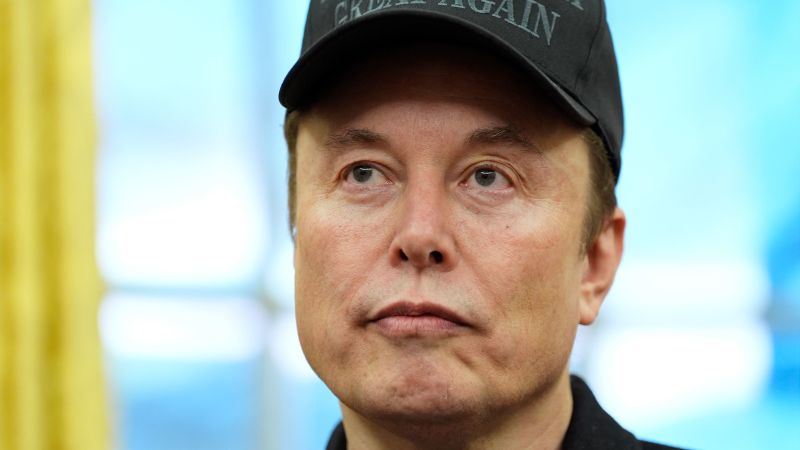OpenAI has recently made headlines when its board of directors formally turned down a substantial $97.4 billion bid made by Elon Musk and a consortium of investors for the company’s acquisition. This decision was communicated through a statement by OpenAI Board Chair Bret Taylor, who emphasized that “OpenAI is not for sale,” highlighting the board’s unanimous rejection of Musk’s latest efforts to alter the competitive landscape of artificial intelligence.
This rejection has intensified a long-standing rivalry between OpenAI, the organization behind the popular AI model ChatGPT, and Elon Musk. Musk was one of the founding members of OpenAI, alongside current CEO Sam Altman, with the organization’s original mission as a non-profit research lab that would incorporate a for-profit entity. However, OpenAI is now strategizing a restructuring that aims to enhance its capabilities for fundraising and improve the returns on investment for employees and stakeholders alike.
Musk has been particularly vocal against OpenAI’s restructuring plans. He voiced concerns that these changes would deviate from the organization’s initial non-profit mission and announced a competing offer this past Monday. This bid aimed to revert OpenAI to a structure focused on being an open-source entity prioritizing safety, potentially causing significant disruptions in the AI sector and empowering Musk, who is already a formidable player in the tech industry as the owner of xAI, another AI competitor.
In a swift rebuttal to Musk’s offer, OpenAI rejected the proposal outright. Sam Altman responded on social media platform X by sarcastically suggesting that Musk’s group could instead consider purchasing Twitter for the same price of $9.74 billion. In making these remarks, Altman underscored OpenAI’s commitment to its current direction and strategy.
Bret Taylor reiterated the board’s vision for OpenAI during his Friday statement, asserting that any potential reorganization would only serve to bolster the nonprofit entity’s mission to ensure Artificial General Intelligence (AGI) serves the entire humanity. Taylor’s stance is particularly notable, as he was also the head of the board at X when Musk initiated his acquisition campaign for that company.
The contention between Musk and OpenAI is not a new one; it has unfolded over several months. In June 2024, Musk filed a lawsuit against OpenAI that was later withdrawn after the company released a blog post containing emails from Musk, revealing his understanding of the financial needs for sustaining ambitious AI initiatives. This was contrary to Musk’s earlier claims that OpenAI was improperly pursuing profits.
Despite dropping the initial lawsuit, Musk returned with a new legal challenge in August 2024, accusing the company of engaging in practices that aimed at maximizing profits at the cost of ethics and safety. His allegations even extended to accusations of racketeering, highlighting his concerns about OpenAI’s rush towards developing AGI.
Meanwhile, OpenAI has maintained that Musk’s grievances stem from a sense of jealousy over his absence from the company after he departed in 2018. His exit followed an unsuccessful attempt to persuade his co-founders to allow Tesla to acquire OpenAI, marking a turning point in their relationship. In a recent interview at the AI Summit in Paris, Sam Altman candidly expressed his wish that Musk would excel in competition by focusing on developing superior products rather than opposing OpenAI through legal avenues.
This ongoing conflict epitomizes the complexities of the AI industry, evolving loyalties, and the implications of a tech landscape dominated by influential personalities with competing visions. The dynamics between OpenAI and Musk reflect broader themes of innovation, competition, and ethical responsibility that will shape the future of artificial intelligence.



